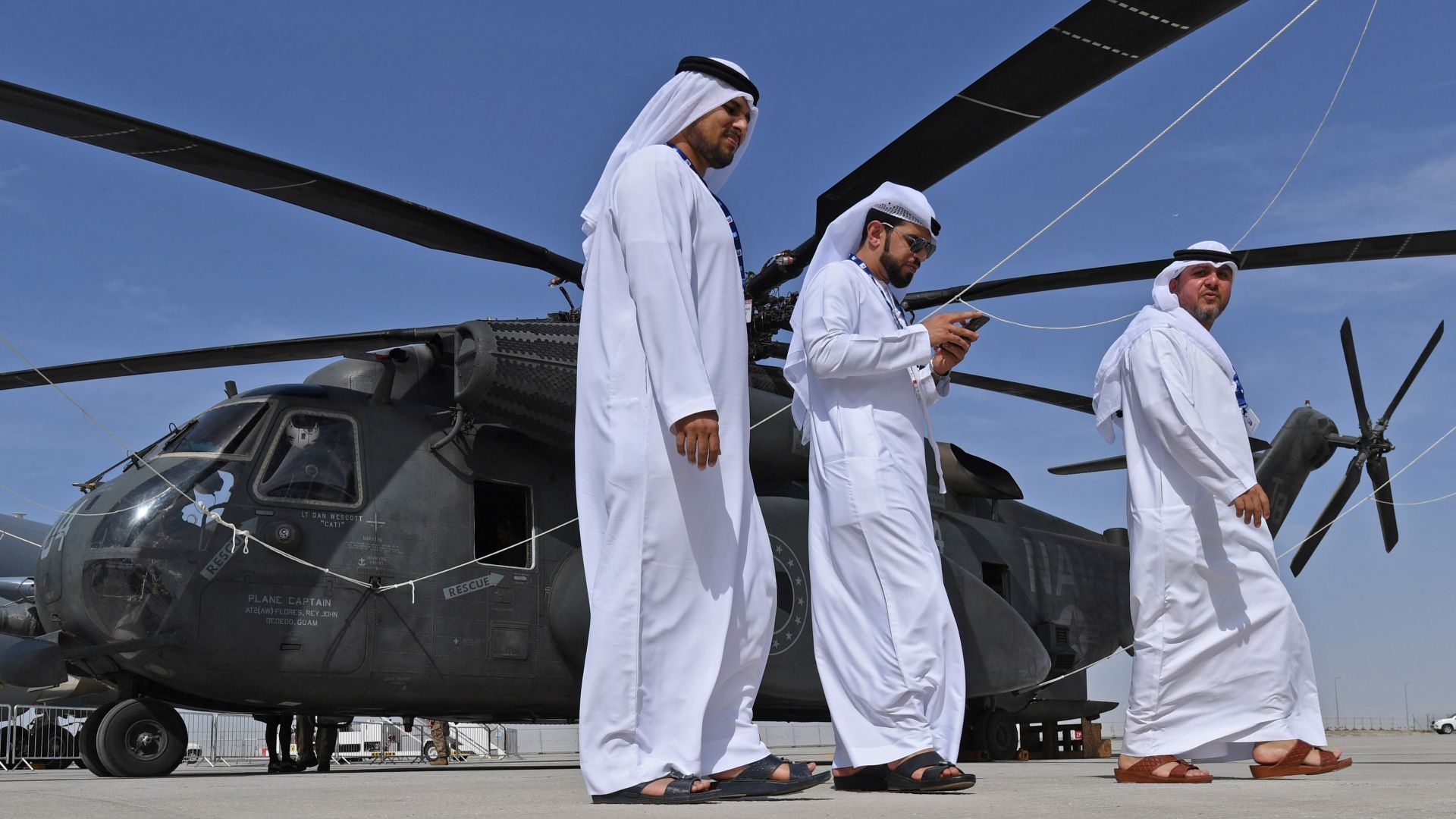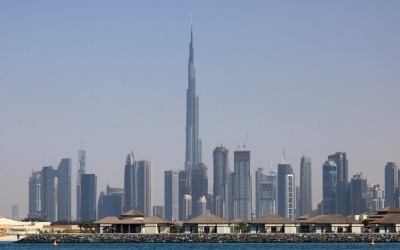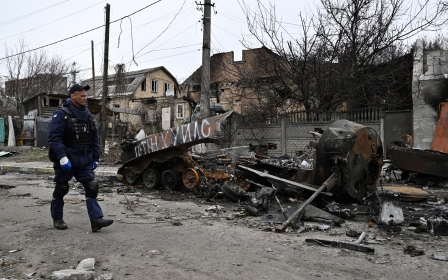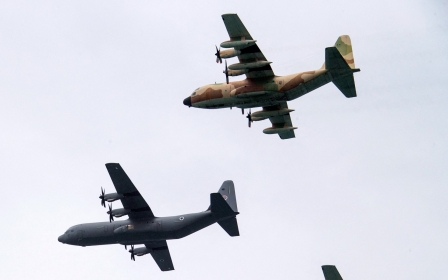US must push for transparency in UAE defence sector, experts urge

The United States needs to push for greater transparency within the United Arab Emirates' defence sector, with experts saying collaboration between Abu Dhabi and Moscow - as well as the use of secret defence contracts - has created the potential for massive levels of corruption.
The UAE enjoys a close strategic and security partnership with the US, and is seen as the financial hub of the Middle East - hosting numerous international conglomerates, development funds and investment firms.
Michael Picard, a research fellow at Transparency International Defence & Security, said the Emirati defence industry was "very dynamic, largely because of the knowledge, the connections, the expertise of American defence entrepreneurs and contractors".
Still, Picard noted that Abu Dhabi, at least until very recently, had been involved in close collaboration with Russia's defence industry.
In the early 2000s, Russia held a large stake in arms sales to the Emirates, as noted when the UAE became the first customer for the Pantsir-S1 missile defence system (SA-22 Greyhound), which developers claim can take on the highly advanced American-made F-22 and F-35 fighter planes.
New MEE newsletter: Jerusalem Dispatch
Sign up to get the latest insights and analysis on Israel-Palestine, alongside Turkey Unpacked and other MEE newsletters
The US has also issued concerns over collaboration between Russian private military contractors and the UAE. In 2020, the Pentagon assessed that the UAE was financing the Wagner private military contractor's operations in Libya in support of renegade general Khalifa Haftar. Abu Dhabi has denied ever supporting the Wagner Group.
"These obscure connections can expose the US, they can empower kleptocrats and of course, they undermine international security. So this is really where we think the US should be pushing for greater transparency," Picard said during a webinar on corruption in the arms industry on Thursday.
Last month, the UAE was placed on the Financial Action Task Force's "gray list", meaning it would be under increased monitoring due to "strategic deficiencies" in their efforts to counter money-laundering.
A 2018 report by the Washington-based Center for Advanced Defense Studies also found that war financiers, drug traffickers, and other illicit actors sanctioned by the US had used the country's real estate market with lax regulations and high value properties to launder their money.
Indirect offset contracts
One of the main ways to create increased transparency in US arms sales is to end the use of indirect offsets.
Offsets are compensation practices that foreign governments require US firms to enter into in some weapons deals, and can include "sweeteners" such as co-production, technology transfers, or investment in the purchasing country.
Jodi Vitari, co-chair of the Global Politics and Security programme at Georgetown University, said while offsets themselves were not a problem, indirect offsets - compensations that are kept secret by purchasing countries - pose huge issues for transparency.
"These contracts can be secret - matter of fact, revealing information about these contracts in places like the United Arab Emirates, those are considered state secrets," Vittori said on Thursday's panel.
"This is a possibility for corruption, for patronage, for kickbacks. There's all sorts of possibilities there. And there's no real way to watch these offset contracts in many countries because they do make it illegal to provide any information about them."
Vittori said that the indirect offsets for weapons procurement could range from 30 to 60 percent of the deal, and also do not have to be linked at all to the contract.
"That's a massive amount of money in large secret contracts for large, often secret procurements."
These secret defence contracts have been shown to be rife with corruption, as reported in the Financial Times when Saudi Arabia used a contract with Raytheon to set up a shrimp farm in the country, while the UAE bought 10,000 European petrol stations and five refineries with the help of multiple defence companies.
Even when the UAE's offset contracts are publicly revealed, experts say that they still can cause serious concerns. One such concern is the Horizon Flight Academy, one of the main military helicopter training programmes in the Middle East.
Vittori said the company was funded initially by offset contracts, and is a "very legitimate training programme".
"It trains civilian pilots, but it also trains the UAE helicopter pilot force. Unfortunately, the UAE's helicopters have been involved in a number of instances of attacks against civilians, civilian fishing vessels and others that have been described by groups like Human Rights Watch as potentially being human rights abuses," she said.
Mira Resnick, deputy assistant secretary of state in the State Department's Bureau of Political-Military Affairs, noted during the panel event that engaging in these indirect offsets was something that private contractors were responsible for, not the US government.
"I just want to clarify that the US government doesn't play a role in the negotiation of offsets," Resnick said.
"I'll point out the obvious that the US government needs to continue prioritising the fight against corruption as a core national security interest, and effectively implement a countering corruption strategy," she added.
Middle East Eye delivers independent and unrivalled coverage and analysis of the Middle East, North Africa and beyond. To learn more about republishing this content and the associated fees, please fill out this form. More about MEE can be found here.




